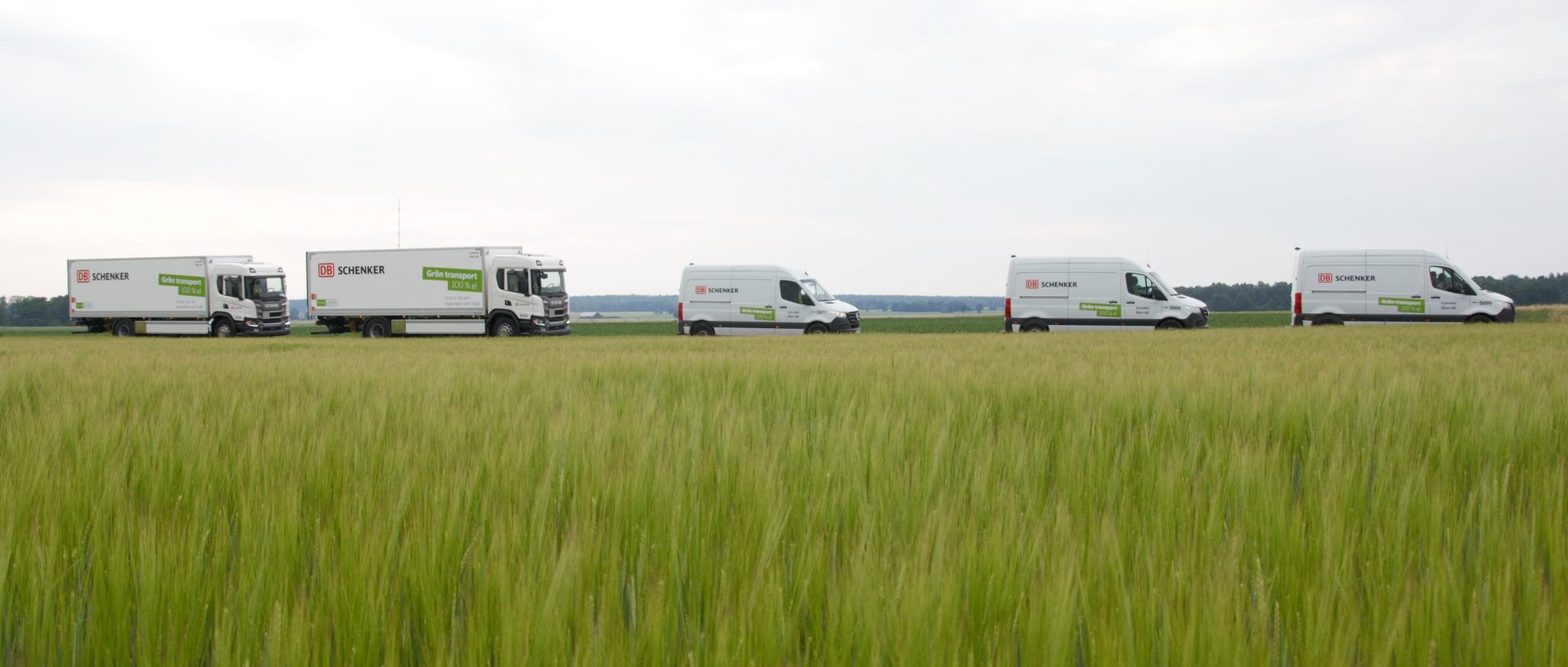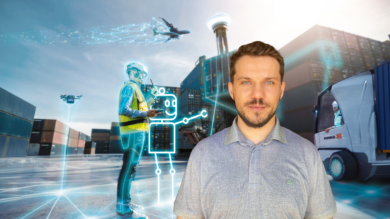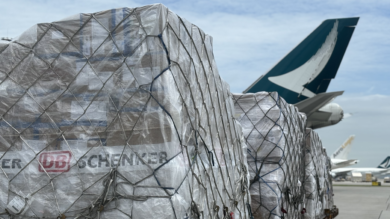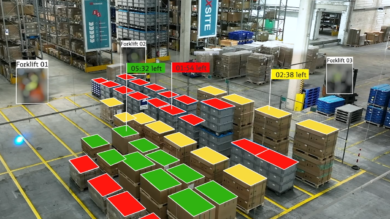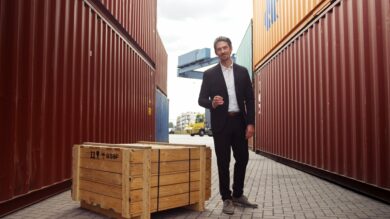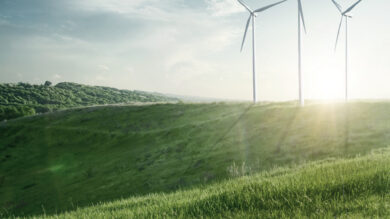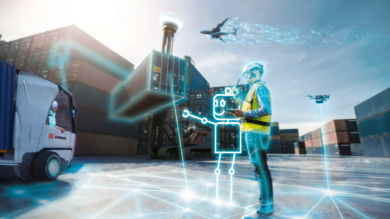“We are taking the next step and electrifying our regional distribution system in order to make a real difference,” says Viktor Strömblad, Head of Land Transport at DB Schenker in Sweden.
DB Schenker is a pioneer for sustainability in its business sector – and Region Gotland is looking to play a leading role in the energy transition. When DB Schenker switches over to 100% fossil-free distribution on the island, it will take Region Gotland one major step closer to its goal of becoming a fossil-free island by 2040.
In the beginning of June, Schenker Åkeri assumed responsibility for all distribution on Gotland and chose to go all-in on electric and hybrid vehicles. The ten-vehicle fleet consists of three battery electric vans (Mercedes-Benz eSprinter, 3.5 tons), four battery-electric distribution trucks (Scania P25 BEV, 18h ton), two electric hybrids (Scania P360 PHEV, 18h ton) and an electric bicycle. The hybrids run on HVO100 when they’re not in the all-electric mode.
“We are already using electric vehicles in several Swedish cities and have tested them to ensure that they function properly,” says Viktor Strömblad, Head of Land Transport at DB Schenker in Sweden “Now we are taking the next step and electrifying our entire regional distribution system in order to make a real difference here. We are also gaining valuable knowledge about electric transports in cities, where many stops have to be made, and in the countryside, with distances of more than 300 kilometers.”
Electrifying Logistics to support Gotland’s goals
Region Gotland is fully invested in sustainability and has set a goal of becoming fossil-free by 2040, which is five years earlier than Sweden’s national target.
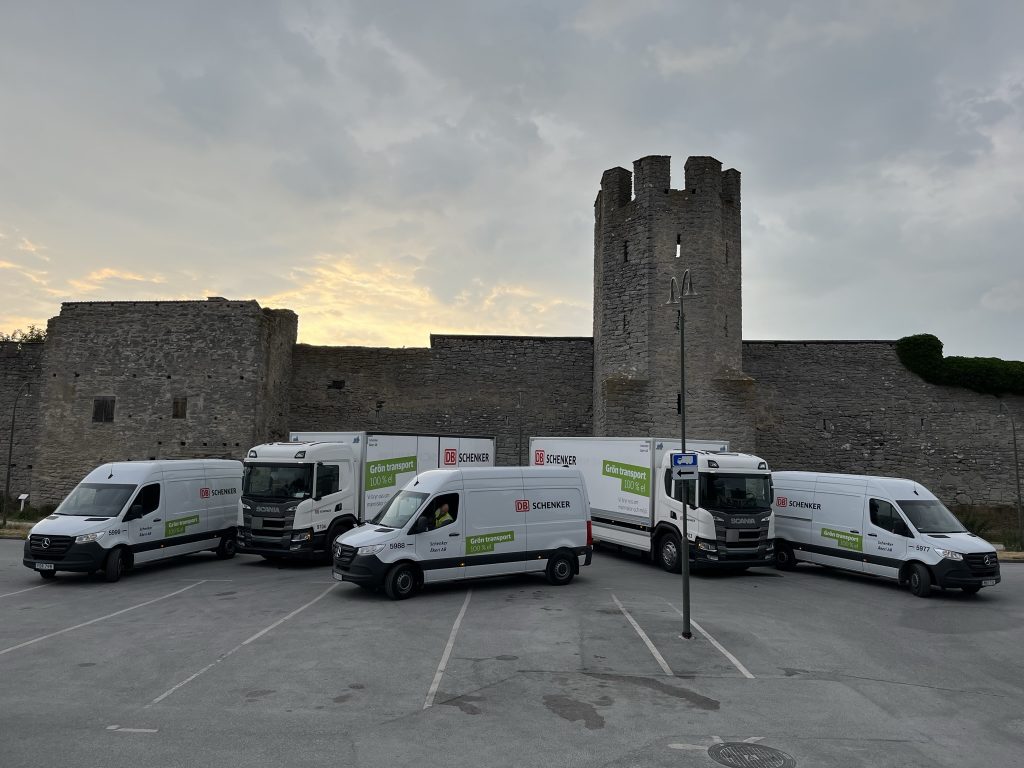
“The transport sector has an important role to play in society and in the green transition,” says Eva Nypelius, Chair of the Regional Executive Committee for Region Gotland. “This means that DB Schenker’s fossil-free transports send a very important signal. It is absolutely the right time and in line with Gotland’s goal of leading and driving the energy transition. It is part of the important work we are doing together in order to transition to an effective and sustainable energy system.”
As the technology develops further, it will become easier to phase out fossil fuels, and it is becoming increasingly clear that the general pace of the transition has been stepped up.
“This is for real, and on a much bigger scale,” says Hanna Melander, Head of Sustainability at DB Schenker. “We are increasingly electrifying our fleet of vehicles and are taking delivery of new vehicles all over Sweden. We are continuously going fossil-free in new areas, and it’s a great feeling to be a part of all this. DB Schenker is now working toward having all transports around the globe – by land, sea, and air – climate neutral by 2040, but we want to get there much sooner.”
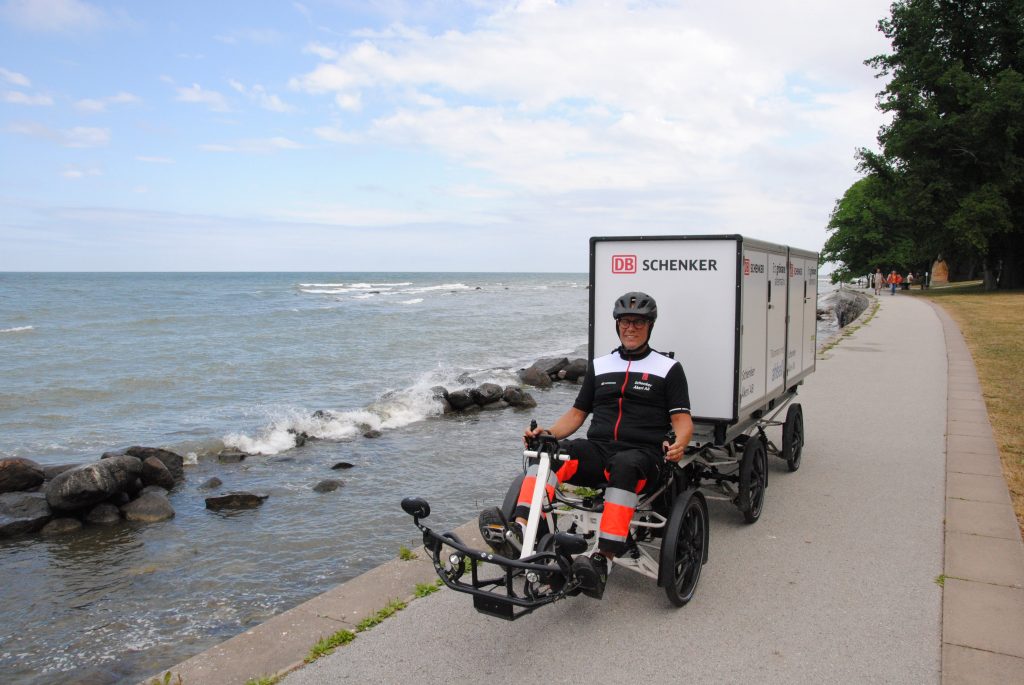
Scania expects that by 2030, electric vehicles will account for half of all the trucks it sells. This is Scania’s third delivery of electric distribution trucks for the DB Schenker network.
“What DB Schenker is doing on Gotland, with a complete fossil-free system in a unique environment, offers us an extensive insight into the challenges and possibilities that arise when a whole distribution center goes electric,” says Evalena Falck, Scania Sales Director, Strategic Account Management. “This holistic approach marks an important step in terms of increasing the use of electric vehicles, and we see the same future potential for DB Schenker’s international fleet of trucks.”
Published: July 2022


